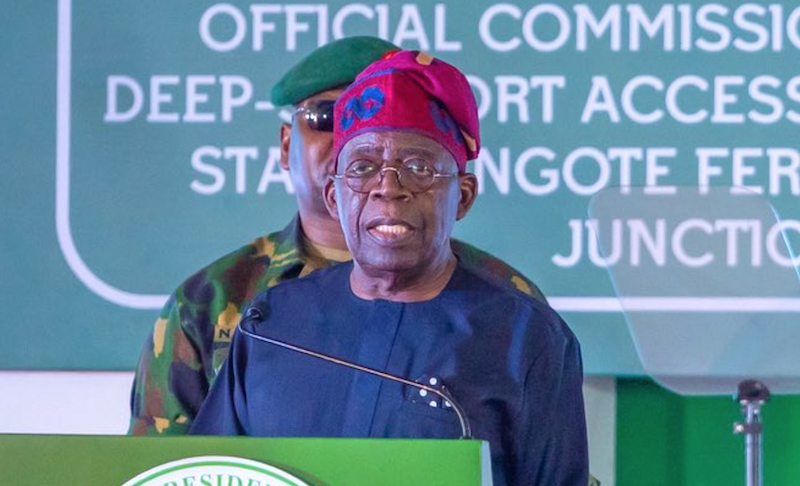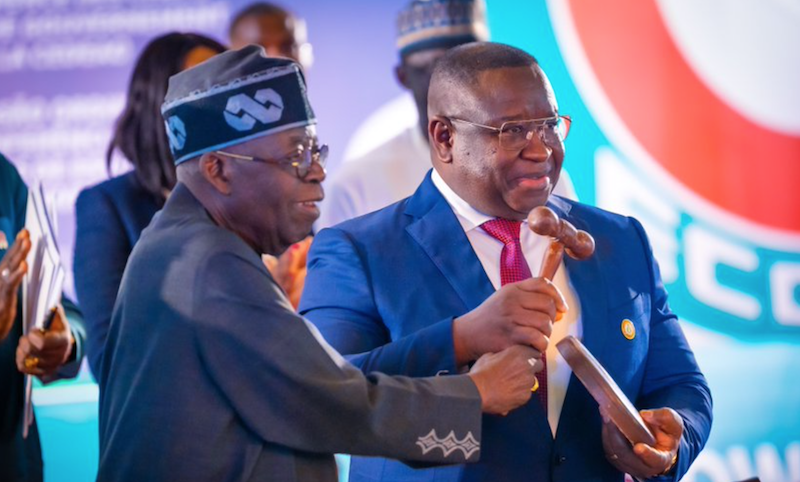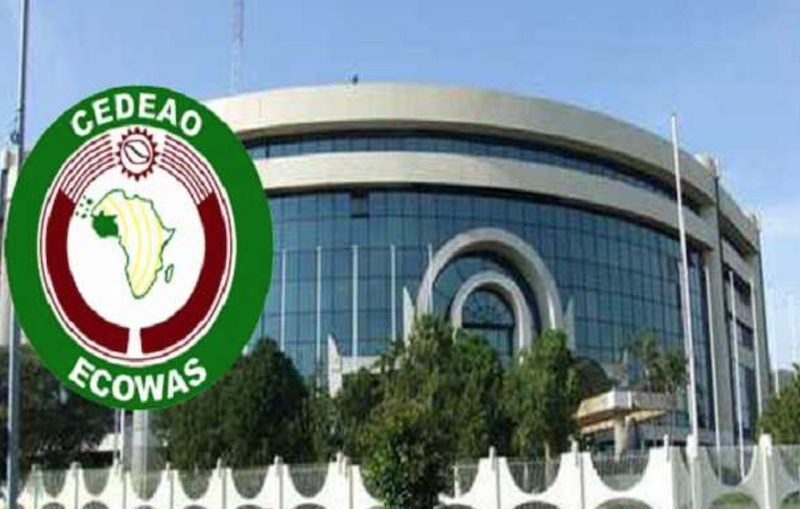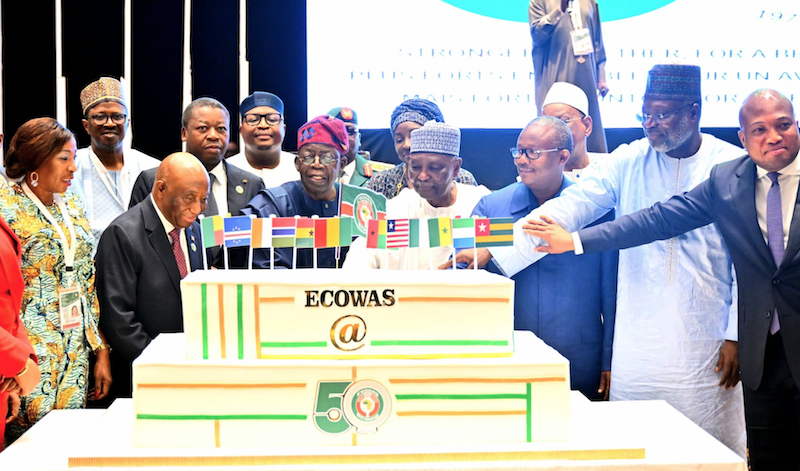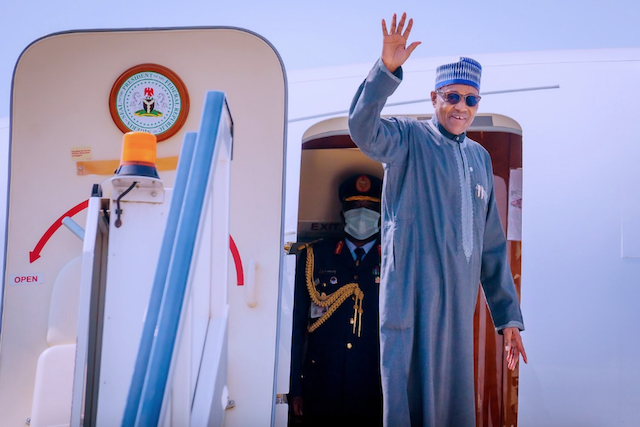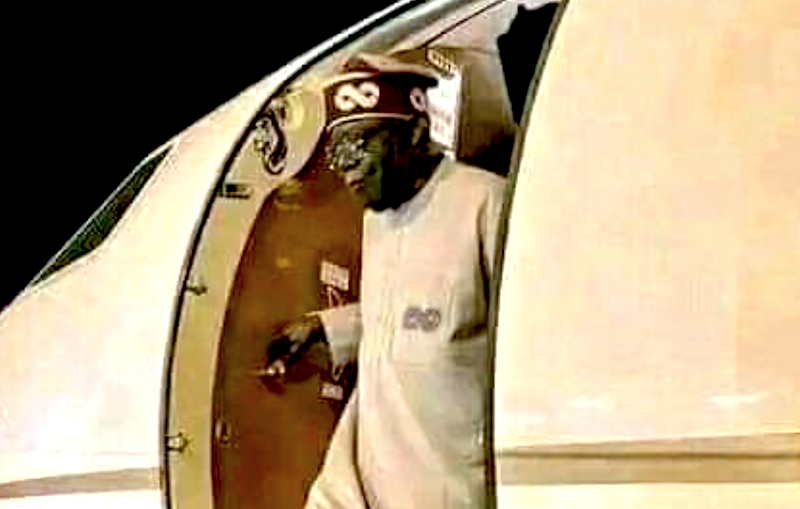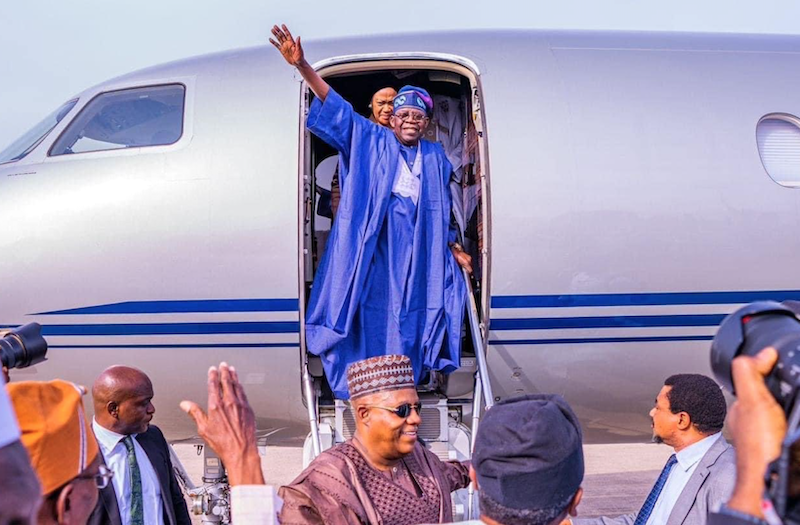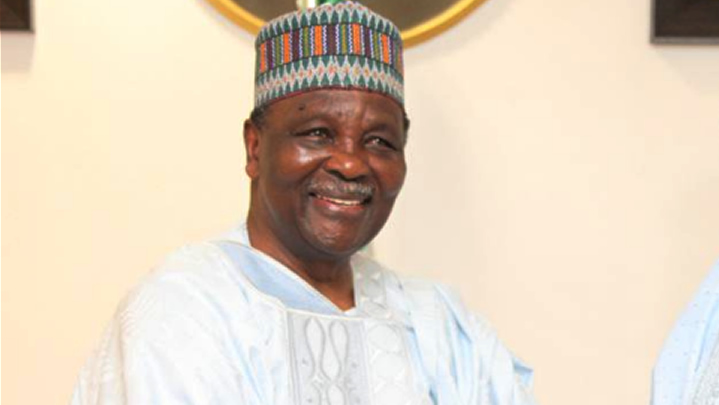The Economic Community of West African States, ECOWAS, suffering from serious arthritis, cerebral malaria and a splitting headache by three countries, turns 50 on May 28, 2025.
It had a dream of regional integration, including a free and seamless flow of persons, services and capital, the elimination of customs duties, and joint development of transport, communication, energy and monetary policies. The citizens of Member States are supposed to be accepted as community citizens.
The major step on free movement of persons ECOWAS achieved in the last five decades is that a person can travel and stay in a Member State for three months.
The West African region was far more integrated in pre-colonial times than now, 50 years after the formation of ECOWAS.
For instance, the peoples of today’s Nigeria had so much free movement that as the Gaa, they integrated into Ghana and are the indigenes of the capital, Accra. The same holds for many indigenes of Lome, the Togolese capital, who originally came from Nigeria.
The Nigerian city of Badagry was built mainly by migrant labour from countries like Mali, Ghana and Benin who integrated with the local Awori people.
There are many Sierra Leoneans who migrated to Western Nigeria and are known as Saro; Senegalese who are called Senega, and Togolese who became indigenes. Many indigenes of Obalende, in Lagos, were migrants from Chad and Niger Republic.
It was mainly the colonialists who carved us into the present states, ignoring our integrative nature and erecting national borders. There were, of course, pre-colonial borders in our communities, but they were living borders that encouraged productive activities, not borders that divide.
West Africa, like many colonised parts of the world, suffered greatly from the arbitrary borders imposed by European colonialists. For instance, the Ewe people were split into Togo, Ghana and Benin Republic. There is the interesting case of the great Ewe leader, Sylvanus Olympio. The part of Ewe land he was born was cut out to Benin Republic; the part he was born, Kpando, was carved out as part of Ghana while he lived in the Ewe land that was carved as part of Togo. He actually was elected the founding President of Togo. Such arbitrary division is responsible for some claims that the founding President of Ghana, Kwame Nkruman, was not a Ghanaian as his Nzema people were split by the colonialists into Ghana and Cote d’Ivoire.
ECOWAS has tried to roll out a common currency, Eco, for the region; but, in the past, it was sabotaged by France and its Francophone allies in favour of the French Franc. The ECOWAS Parliament is ineffective and the ECOWAS Court is not respected by Member States.
Two major programmes it has been involved in are peace enforcement in Liberia and Sierra Leone, and democracy. On both counts, ECOWAS engaged in duplicity and exhibited lack of integrity.
The much talked about Economic Community of West African States Monitoring Group, ECOMOG, was established in 1990 to intervene in the 1989-1997 Liberian Civil War. ECOMOG, backed by the United States, was essentially the Nigerian Armed Forces with sprinkling military units from countries like Ghana, Niger, Mali and Sierra Leone. Some of the Francophone members like Cote d’Ivoire and Burkina Faso, who supported the rebel leader Charles Taylor, were suspicious of ECOMOG. They thought the force was more about saving then Liberian dictator, Samuel Doe, from imminent defeat.
Since ECOMOG was not welcomed by some of the warring factions, it had to fight its way into Liberia and then became embroiled in the war. Some Liberians who obviously opposed the body and accused it of fleecing the country, said the acronym, ECOMOG, actually meant ‘Every Car Or Moveable Object Gone’.
Eventually, Taylor won the Liberian presidential election on July 19, 1997 and ECOMOG was withdrawn in 1998. However, another civil war, instigated by anti-Taylor forces, broke out and African leaders, led by then Nigerian President Olusegun Obasanjo in 2003, brokered a peace deal. Under it, Taylor was persuaded to sacrifice his electoral mandate and move to Nigeria on exile. Three year later, the same Obasanjo, picked up Taylor, delivered him into the hands of his enemies in Liberia, led by then President Ellen Sirleaf who at the airport, handed him over to the Europeans. The latter who claimed to have established a War Crimes Tribunal in Hague, Netherlands, ‘tried’ Taylor, sentenced him to 50 years imprisonment and dumped him in the HM Prison, Britain, where he is left to rot. Given the betrayal of the peace deal with Taylor, it is doubtful if any African leader would trust assurances or peace agreements by either ECOWAS or the African Union.
A second betrayal involving ECOMOG was the peace agreement to end the Sierra Leonean Civil War. ECOWAS had initiated a peace deal between President Tijan Kabbah and the rebel Revolutionary United Front, RUF, led by Foday Sankoh. When the latter thought the peace deal was being sabotaged by Kabbah, he was advised to report the matter to then Nigerian military ruler, General Sani Abacha. It turned out to be a trap because as soon as Sankoh stepped on Nigerian soil, he was detained. So, the war continued and Nigeria had to free Sankoh to participate in the July, 1999 peace deal. After the peace agreement, Sankoh was abducted and put under UN custody where he died after being denied needed medical treatment. Incidentally, Taylor was the person who had helped ECOWAS pressure the RUF and Sankoh to agree to the peace deal. Both men ended up being betrayed by Nigerian and ECOWAS leaders.
On democracy, ECOWAS remains ambivalent. While it is quick to condemn the military coups in Guinea, Mali, Burkina Faso and Niger, it tolerates its leaders who carry out outright civilian coups. For instance, Togo’s Faure Eyadema, who carried out a coup against the government after his father, General Gnasingbe Eyadema, died in 2005, remains in power today, 20 years after, and wants to stay until 2030. Faure’s father had ruled Togo for 38 years!
There is President Umaro Sissoco Embalo of Guinea Bissau who has twice now suspended the democratically elected parliament, subdued the judiciary and is ruling by fiat.
Then there is the on-going revolt in Cote d’ Ivoire against Alassane Dramane Ouattara who, after the constitutional two terms, raped the constitution by imposing himself for a third term, and now, is trying to contest for an illegal fourth term.
These anti-democratic leaders are tolerated and honoured by ECOWAS even as they waste the lives of ECOWAS community citizens in the streets in order to maintain their dictatorial rule.
But regardless of its shortcomings, ECOWAS remains very useful and relevant to the African people. I wish it Happy 50th Anniversary.
